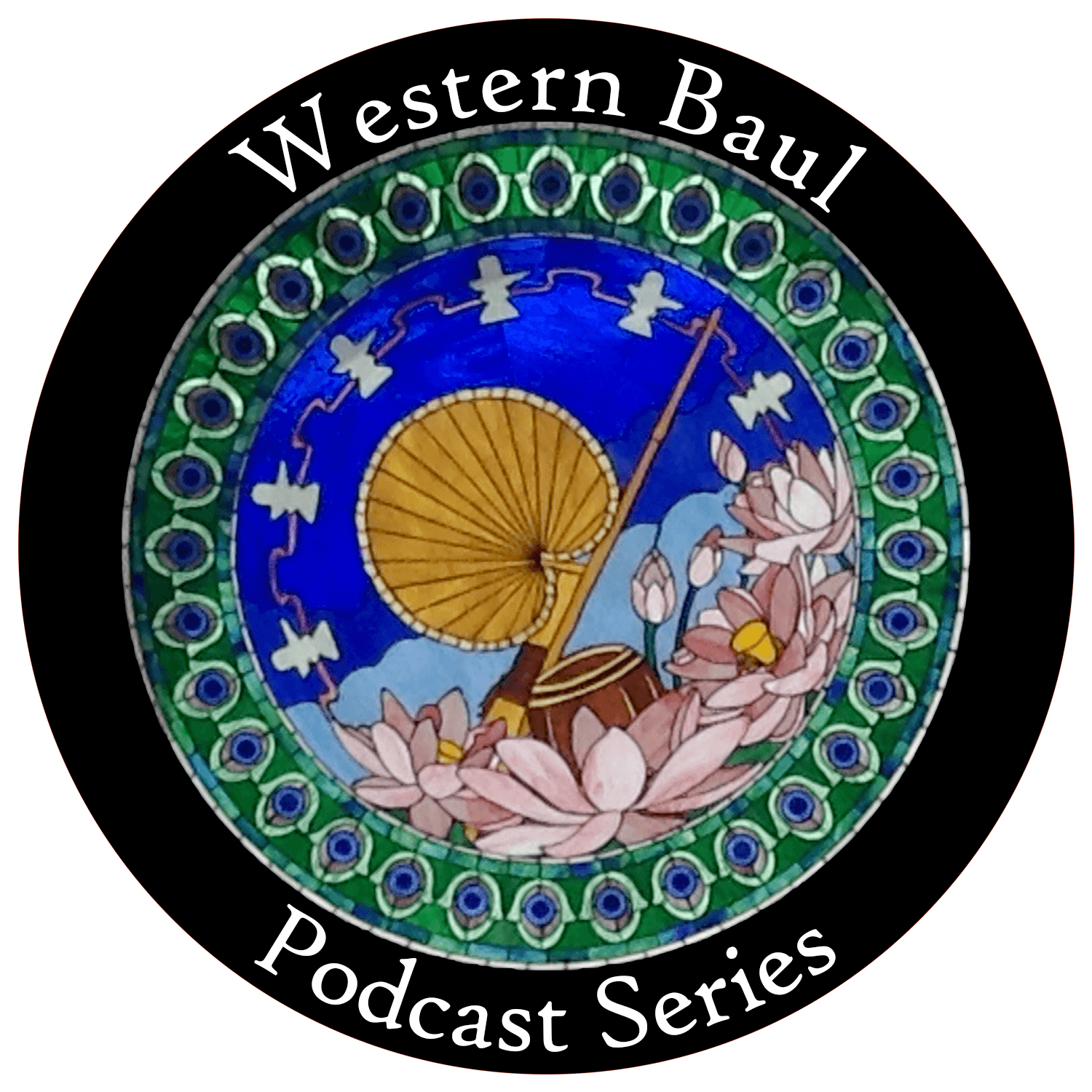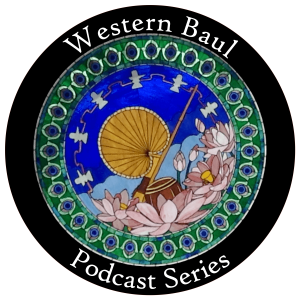
The Western Baul Podcast Series features talks by practitioners of the Western Baul path. Topics are intended to offer something of educational, inspirational, and practical value to anyone drawn to the spiritual path. For Western Bauls, practice is not a matter of philosophy but is expressed in everyday affairs, service to others, and music and song. There is the recognition that all spiritual traditions have examples of those who have realized that there is no separate self to substantiate—though one will always exist in form—and that “There is only God” or oneness with creation. Western Bauls, as named by Lee Lozowick (1943-2010), an American spiritual Master who taught in the U.S., Europe, and India and who was known for his radical dharma, humor, and integrity, are kin to the Bauls of Bengal, India, with whom he shared an essential resonance and friendship. Lee’s spiritual lineage includes Yogi Ramsuratkumar and Swami Papa Ramdas. Contact us: westernbaul.org/contact
Episodes

Thursday Jun 30, 2022
Do You Want to Be Right or Do You Want to Be in Relationship? (Matthew Files)
Thursday Jun 30, 2022
Thursday Jun 30, 2022
A difficulty that shows up in relationship is not voicing our considerations to another person. If we don’t speak such things, we may stop talking and lose affinity. The quality of relationship does not depend on the circumstances or the content of the relationship. It depends on what we create, the promise we make about it. There is often an assumption that there is a problem if we disagree about things, but the disagreement can be there without affecting the overall quality of the relationship. When there is disagreement, we can engage each other—unless one person is committed to being right and is not interested in listening and conversation. Being with what comes up in relationship takes training, practice, and effort and is different than trying to fix it. Werner Erhard described relationship as a clearing where love can show up. This can happen in any relationship. Transformation is very different than change, which is connected to the past. It has to do with not living by our history. There is power in promising or committing to produce what’s missing in relationship. We can create the space for trust to show up, rather than needing a person to prove they are trustworthy. We can also train ourselves to communicate in a way that doesn’t bring about defensiveness. When there’s affinity, mistakes can be seen as mistakes and not an indication of untrustworthiness. Communication creates affinity, which comes through sharing about things that matter. Matthew facilitates groups that support people to look deeper into their process, formulate their own questions, and become responsible for their choices.

No comments yet. Be the first to say something!